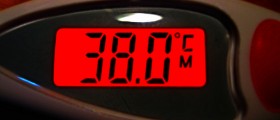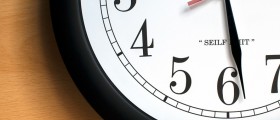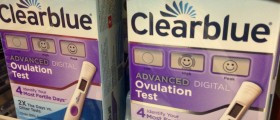
By far the best odds of conceiving are achieved if you are aware exactly when you are ovulating. There are several ways of gaining this information, the easiest methods being the use of an ovulation calendar and ovulation tests. Ovulation tests are urine tests that detect the hormone that is released into the urine only during ovulation luteinizing hormone, or LH for short. Other methods to establish when a woman is fertile are charting basal body temperature (the temperature spikes before ovulation), or learning to recognize the body's natural signals that ovulation is occurring. These symptoms can include slight pain and abdominal bloating, tender breasts, and altered cervical mucus.
If you want to have a global idea of when you might be fertile, but don't want to "obsess" over your most fertile days too much, an ovulation calendar can still be the right tool for you. But, generally speaking, most women ovulation between days 10 and 14 of their cycle. That would mean you can get pregnant if you have intercourse from around day five of your cycle, because sperm can survive in a woman's body for around five days. The end of ovulation signifies the end of the fertile period that cycle, but unless you are very sure when you ovulated, having unprotected intercourse only during the second half of your cycle is not an effective birth control method for those who want to prevent pregnancy.















Your thoughts on this
Loading...